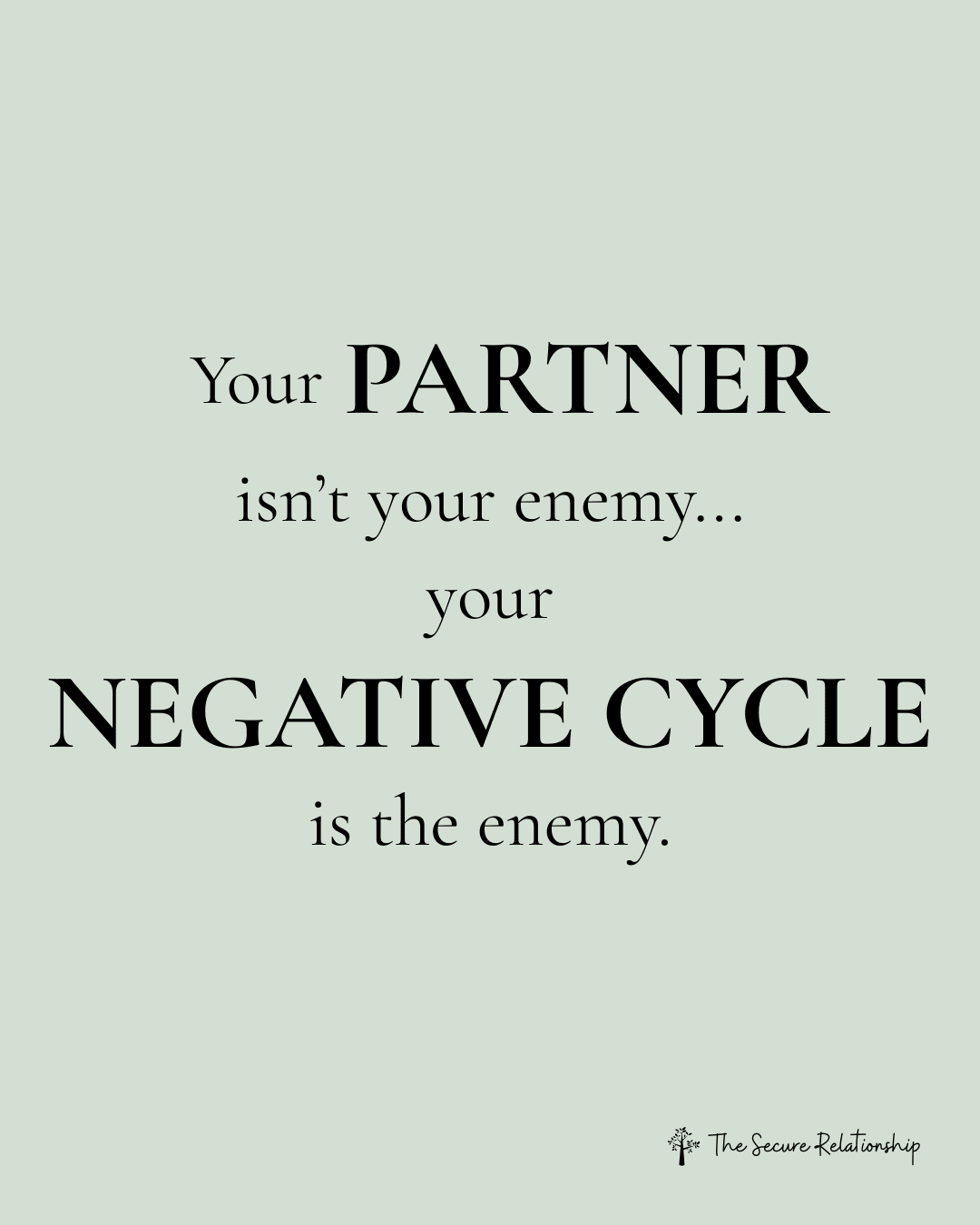How to Be Emotionally Available – Part Three: Emotional Attunement
How to Be Emotionally Available – Part Three: Emotional Attunement
What Is Emotional Attunement?
Emotional attunement happens when you can stay present with your partner’s emotional experience without trying to change or fix it.
It’s about feeling with them, supporting them emotionally, and letting their feelings exist.
It’s empathy in action, paired with validation and emotional presence.
Painful emotions are uncomfortable, but they’re not bad. Your partner doesn’t need to be talked out of them—they need to feel supported in them.
Why Emotional Attunement Matters
When partners are upset, there are often two struggles happening:
The original upsetting event
The emotional need for support going unmet
When you respond with emotional attunement, you're removing the second problem. Your partner may still be upset about the situation—but now they’re not alone in it.
This creates space for their nervous system to settle, and eventually, for both of you to move into problem-solving mode.
What Emotional Attunement Looks Like
Emotional attunement is more than just listening—it’s about being present in a way that reflects, validates, and supports what your partner is feeling.
Here’s how to do it:
Eliminate distractions. Give your partner your full attention.
Feel with them. Try to tap into their emotional experience—what would it feel like to be in their shoes?
Match their energy. If they’re low and heavy, don’t be upbeat. If they’re frustrated, meet them with calm seriousness. Match—don’t escalate.
Validate their emotions. Let them know their experience makes sense.
Resist problem-solving. There will be time to explore solutions later. First, let the emotions settle.
Example Situation
Your partner is upset that your son forgot to take out the trash and missed the pickup.
Misattuned Response:
“I know it’s inconvenient, but he’s got a lot on his plate. You should give him a break.”
Attuned Response:
“I can see how frustrating this is for you. Now you’ve got extra trash to deal with. I know it also bothers you to see him being irresponsible. Teaching him accountability is important to you, and I’m sorry you’re feeling so frustrated.”
Why Attunement Works
It feels good to be heard, validated, and met with empathy.
It feels good when someone gets it—and doesn't try to argue you out of your feelings.
When your partner feels emotionally attuned to, they’re more likely to:
Calm down and regulate
Feel supported, not alone
Access more compassion and clarity
Move forward in a productive way
When people feel dismissed, they double down. When they feel seen, they soften.
Later, When Emotions Settle...
That’s when you can shift into problem-solving:
Explore what may have gotten in the way for your son
Consider everyone’s perspective, including your child’s
Make a plan for how to handle it next time
Just don’t expect a quick fix—responsibility grows over time, especially in an environment where communication is safe.
Related Resources:
Support for Breaking the Cycle
Relationship Coaching – Receive direct help with tuning in to your partner and staying grounded in tough moments.
Couple and Individual Group – Practice emotional attunement skills in a supportive space.
Secure Love - Details on how to connect and how to keep empathy front and center in your relationship.
“Emotional attunement means saying: ‘I’m with you in this, not trying to fix you out of it.’”


Trying to control your environment—like keeping a spotless house—can sometimes be a way to manage inner anxiety caused by relationship disconnection. But when that strategy backfires, it can create more of the very disconnection you’re trying to avoid. This post explores how personal anxiety shows up in relationships, and how couples can break the cycle.